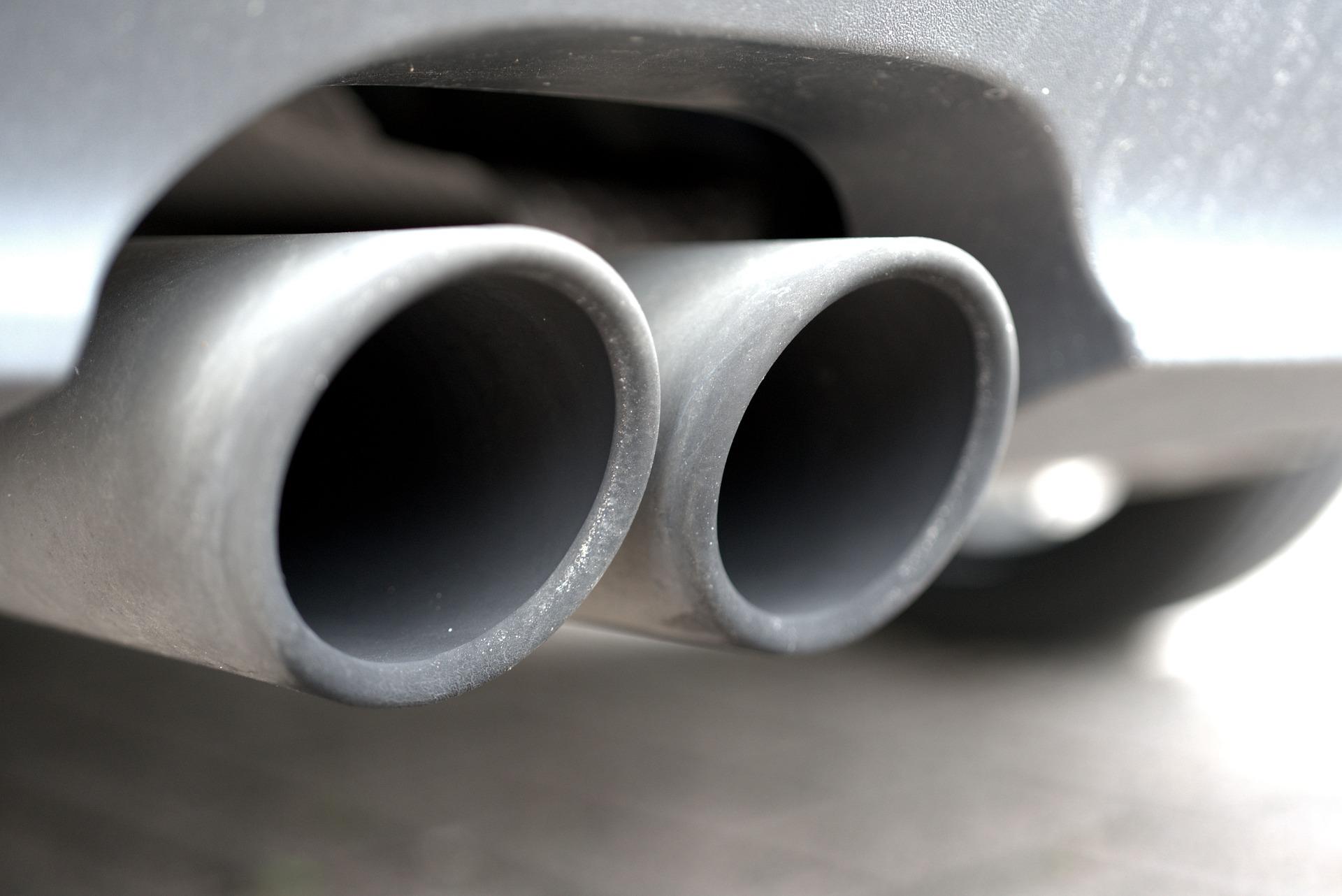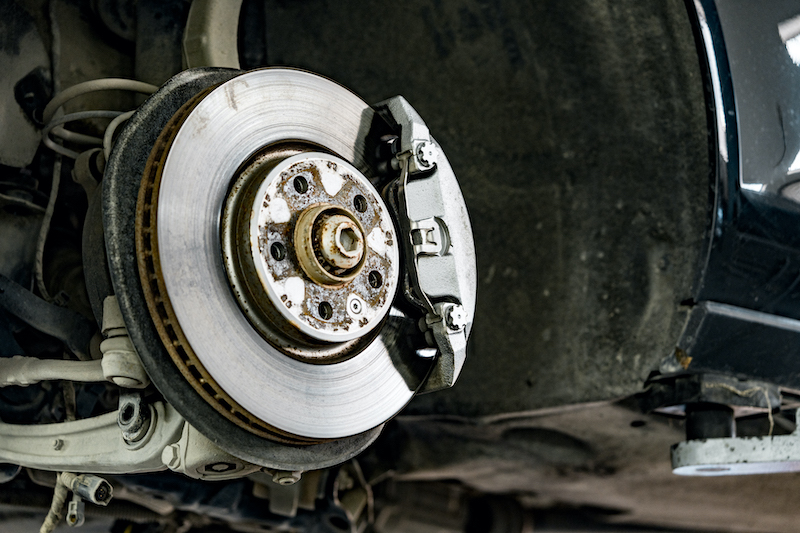What is DPF Cleaning?

If your car is diesel fuelled, you are legally obliged to have a diesel particulate filter (DPF) fitted as part of your exhaust system. It became a legal requirement in the UK in 2009. With the aim to help reduce carbon emissions. The problem is that over time DPFs have a tendency to malfunction as soot builds up within them. This can have a negative impact upon the performance of your vehicle. Including poor fuel economy and loss of power. And that’s when you need DPF cleaning products.
What Do you Need to Know About DPF Cleaning?
What is DPF cleaning?
DPF cleaning is the use of specialist cleaning products to remove soot from your diesel particulate filter. The complex blend of aqueous chemicals works to clean away soot and other potential blockages to help reduce your engine’s emissions and increase your car’s performance.
How often do I need to perform a DPF clean?
DPF cleaning advice varies from car manufacturer to car manufacturer. Some recommend cleaning as often as every six months. Others, less frequently. As a general rule, however, we’d recommend cleaning every 200,000 miles.
Why do DPFs block?
Blocked DPFs usually occur simply because you’re driving your car. But they are more likely to happen if you make multiple short journeys, especially when travelling at lower speeds. This is because your exhaust is not being given the chance to reach a high enough temperature to eject soot build up by itself.
What can I do to avoid a blocked DPF?
Nothing will completely remove the risk of your DPF becoming blocked. But selecting high-quality fuel and oil can help to reduce the amount of soot your engine produces. And the less soot is produced, the lower the likelihood of a blockage occurring.
Could I just remove my DPF?
No. Although your car would continue to function without a DPF, it would not pass its MOT. If caught, you could also face fines of up to £1,000 for a car or £2,500 for a light goods vehicle.
How do I know if my DPF needs cleaning?
In most cases, a dashboard warning light will illuminate if your DPF needs attention. As long as you have DPF pressure pipes in place, they will measure the performance of your DPF. But it is worth being aware that a faulty pressure pipe may also lead to a warning light trigger. If you are unsure what the problem is, it’s always advisable to see a mechanic.
Other warning signs can be similar to other exhaust system problems. Including a loss of power, a strong smell of diesel, or the production of excess smoke.
Your car’s exhaust system is a surprisingly complex piece of kit. Maintaining it is integral to both the performance and road-worthiness of your vehicle. Taking the time to clean your DPF on a regular basis is a sensible precaution. And considerably cheaper than having to replace the entire diesel particulate filter at a later date.
Find the right DPF clean for your vehicle with Online Automotive.





